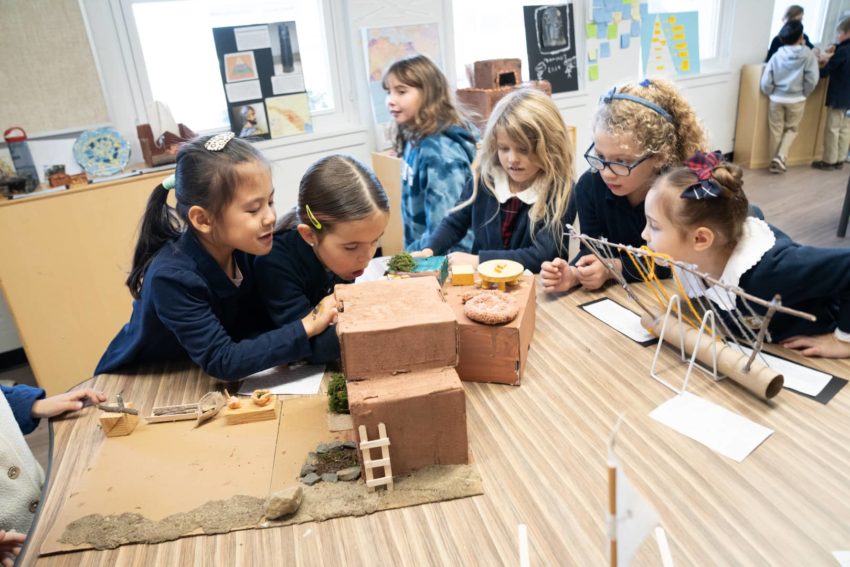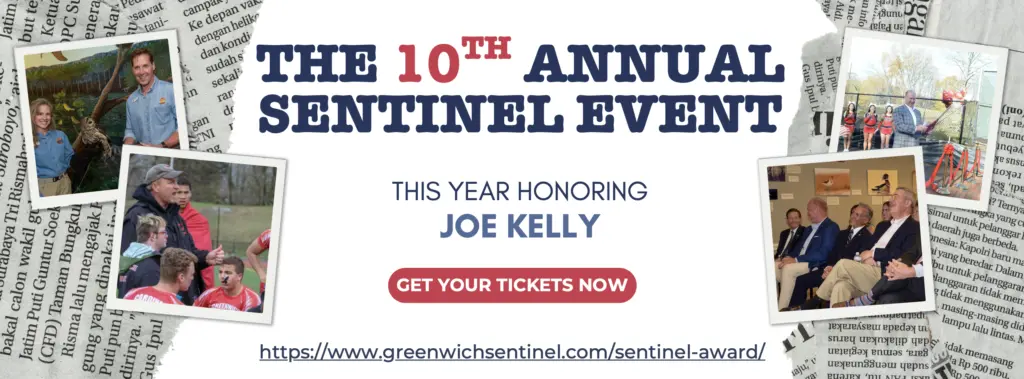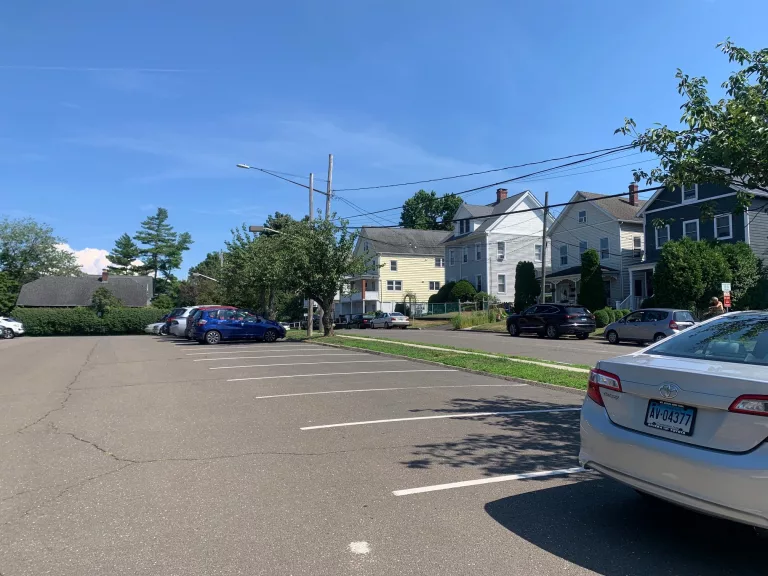
By Carol Maoz
The ground is shifting beneath our feet. Technological advancements are blurring the lines between disciplines, and global challenges demand solutions that transcend traditional boundaries. In this dynamic landscape, old traditional models of education have become obsolete. The world craves graduates with different skill sets – future-ready thinkers and doers who can adapt to change, problem-solvers who embrace collaboration, and lifelong learners who approach the unknown with curiosity, enthusiasm, and agency.
It is my firm belief that fostering an inquiry mindset within a cross-disciplinary pedagogy is the key to unlocking this potential. An inquiry mindset is a life-long skill. It’s about cultivating a questioning attitude, a relentless curiosity that drives us to delve deeper, to understand the “why” behind the “what.” It’s about approaching problems with a sense of empowerment and the conviction that solutions can be found. This intellectual curiosity isn’t confined to textbooks or classrooms; it’s a thirst for knowledge that extends far beyond the boundaries of formal education.
At King School, we weave inquiry into the very fabric of our curriculum. We don’t shy away from complex questions; instead, we encourage students to grapple with them. Imagine a history class that goes beyond memorizing dates and battles. Instead, students might be tasked with investigating the social, economic, and cultural factors that led to a historical event. They might conduct research, analyze primary sources, and engage in lively debates, all in an effort to understand not just “what” happened but “why” it happened the way it did. This fosters a deeper level of engagement and a sense of ownership over their learning.
But inquiry-based learning goes beyond simply asking questions. It’s about empowering students to seek out solutions and become active participants in their own learning journey. This is where cross-disciplinary pedagogy comes into play. Traditional subjects, often presented in isolation, can feel compartmentalized and inapplicable to the complexities of the real world. Cross-disciplinary learning breaks down these silos, encouraging students to see the interconnectedness of knowledge.
For example, a science project on climate change might not just involve analyzing data and conducting experiments but also delve into the historical context of the issue, explore its economic implications, and analyze the ethical dilemmas involved. Students might write persuasive essays advocating for policy changes, create artistic representations of the problem’s impact, or even design solutions using their engineering skills. This holistic approach allows students to not only grasp the scientific aspects of climate change but also understand its far-reaching consequences and the multifaceted solutions it demands.
Cross-disciplinary learning fosters collaboration, another crucial skill for future success. In our classrooms, students from different disciplines come together to tackle complex problems. An engineer might collaborate with a writer to create a user manual for a new invention. A mathematician might work with a musician to analyze the rhythmic patterns in music. This type of collaboration not only strengthens communication and teamwork skills but also exposes students to diverse perspectives and ways of thinking, fostering creativity and innovation.
The benefits of inquiry-based learning and cross-disciplinary pedagogy extend far beyond academic success. Students learn to see themselves as active participants in the learning process, capable of critical thought, independent research, and creative problem-solving. These are precisely the skills that will equip them to navigate the uncertainties of the future, to adapt to unforeseen challenges, and to become engaged citizens who can contribute meaningfully to a rapidly changing world.
An inquiry mindset is not just about acquiring knowledge; it’s about a fundamental shift in how we approach the world. It’s about fostering a love of learning, a questioning spirit, and a willingness to collaborate. By embracing inquiry and cross-disciplinary learning, we are not just preparing students for standardized tests but for the complexities and opportunities of the 21st century. We are empowering them to become future-ready thinkers and doers, ready to shape a more just and sustainable world.
Carol Maoz, Head of School at King School, has had a distinguished career as an educator and leader in independent schools across Connecticut and internationally. She holds a bachelor’s degree in elementary education from the University of Massachusetts at Amherst and a master’s degree in education from Harvard University.





